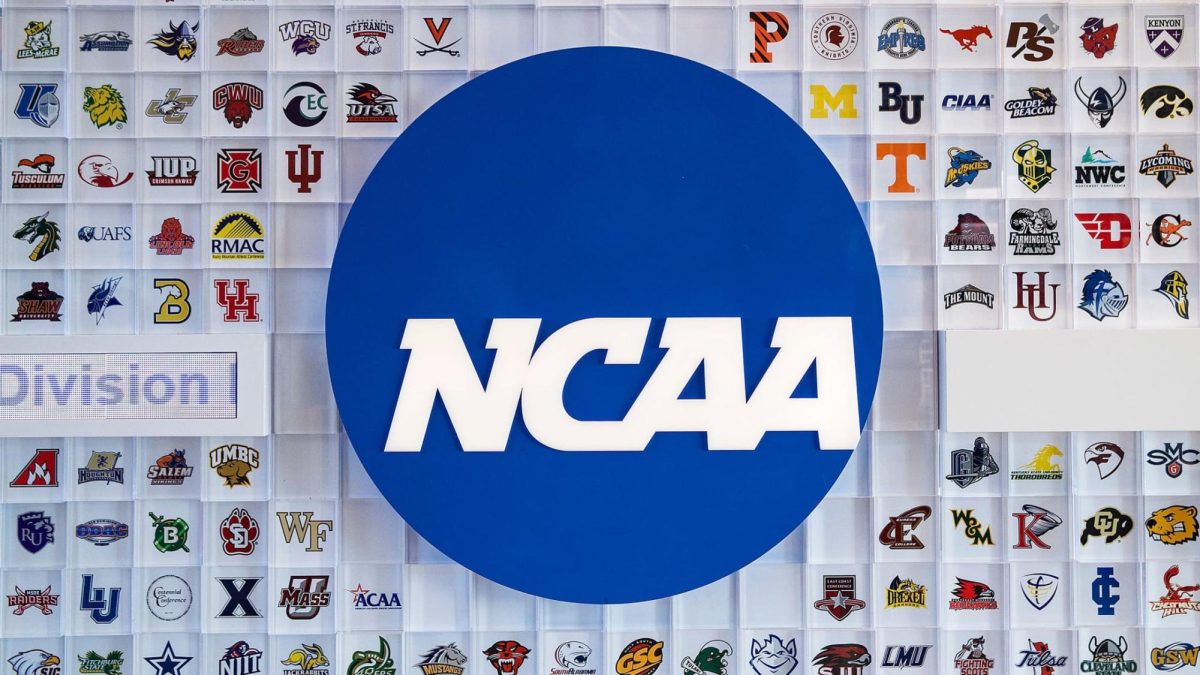Lafayette College is complying with the recent NCAA ban on transgender women competing in affiliated women’s sports, according to the college’s athletics department.
Lafayette is “obligated to comply with NCAA policies,” according to Mike Chamberlain, the senior associate athletic director for compliance.
On Feb. 5, the NCAA announced the ban following an executive order from President Donald Trump that barred transgender women and girls from competitions for female athletes. Earlier this week, the Department of Education released a statement encouraging athletic organizations to remove awards and titles from trans female athletes retroactively.
“We strongly believe that clear, consistent, and uniform eligibility standards would best serve today’s student-athletes instead of a patchwork of conflicting state laws and court decisions,” NCAA President Charlie Baker said in the announcement of the change. “To that end, President Trump’s order provides a clear, national standard.”
Chamberlain wrote in an email that the college adopted the new regulation as of Feb. 6.
The new policy bars student-athletes assigned male at birth from competing on NCAA women’s teams. According to the policy, athletes “may practice on the team consistent with their gender identity and receive all other benefits applicable to student-athletes who are otherwise eligible for practice.”
Lafayette’s previous policy, last updated in 2015, allowed trans women to compete on women’s teams only after completing one calendar year of testosterone suppression treatment.
Gabby Hochfeld, the assistant director of intercultural development and coordinator of gender and sexuality programs, noted that this policy could also be applied to intersex athletes and cisgender women with polycystic ovarian syndrome.
Hormone differences, often cited as an unfair athletic advantage of trans women athletes, are not unique to trans people. The individuals referenced by Hochfeld may naturally have higher testosterone levels than other female competitors.
In a Senate Judiciary Committee hearing last December, Baker said that he was aware of “less than 10” trans athletes in the NCAA.
Sociology professor Rebecca Kissane, who studies and teaches the sociology of sports, wrote in an email that the NCAA ban “overrides” its former “sport-by-sport approach,” in which the national governing body of each sport independently determined its policy on the participation of trans athletes.
College athletes may continue to participate in men’s sports regardless of sex assigned at birth or gender identity.
“This uneven policing is largely about cultural ideologies that position women and girls as inherently inferior to men and boys in athletic competition as well as inherently vulnerable,” Kissane wrote, also citing the history of sex-verification testing for solely women’s sports.
Senior women’s soccer player Lucy McShane, a board member of Lafayette’s chapter of Athlete Ally, a national organization whose mission is to “end homophobia and transphobia in sport and to activate athletes to champion LGBTQI+ equality,” wrote in an email that the club’s goals “remain the same as we navigate this uncertain time.”
“It is critical that we find ways to center the voices and experiences of LGBTQIA+ athletes as everyone should have equal access and opportunity to sports,” McShane wrote.
Hochfeld said she is planning an LGBTQIA+ town hall event to address concerns about executive orders relating to the trans community, and stressed that her “office is always open.”
Hochfeld added that she feels supported by the college administration during this time.
“It can be difficult to understand sometimes that it takes time to react on a structural level to all of this chaos,” she said.


























































































































J. Anderson • Feb 15, 2025 at 1:53 pm
This is bs. No one is “obligated to comply” to systems of discrimination and oppression. The College could alternatively have a backbone and stand with trans students, just like institutions throughout history that refused to follow separate-but-equal doctrine, the homophobic laws that came up in the 1980’s etc. Next year I’ll donate my money to a human rights organization instead of this school that would rather bow to the dictator than support their own students.